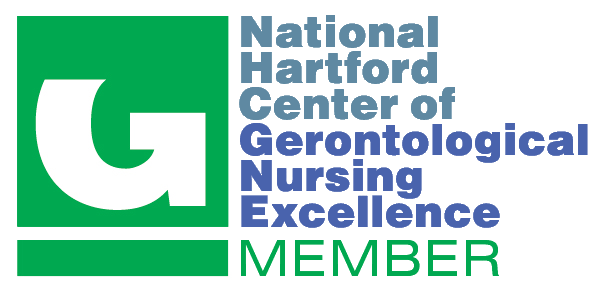Family Nurse Practitioner
Scope of Practice
Overview
The Family Nurse Practitioner (FNP) is a Registered Nurse educated at the master’s or doctoral level as a nurse practitioner. The focus of care for the FNP is the medically stable patient across the lifespan, in the context of the family and community. The FNP is educated to provide continual and comprehensive wellness and illness care to children and adults through disease management, health promotion, health education and preventive health services.
Credentials and Certification
Graduation from the FNP specialty prepares you for licensure as a Registered Nurse (RN) and “approval to practice” as a FNP in every state and eligible for prescriptive authority in all 50 states, subject to restrictions as specified by each state. You also will be eligible to sit for examination for national board certification as a FNP through either the American Nurses Credentialing Center (ANCC) or the American Association of Nurse Practitioners (AANP). Visit Credentialing and Certification for specific information.
Functions Performed by the Family Nurse Practitioner
In addition to general functions performed by the Advanced Practice Nurse, the Family Nurse Practitioner may provide these specific functions:
- Preconception and prenatal care
- Well-woman and illness care
- Well-child and illness care
- Episodic care for acute illnesses for all ages, including minor acute injuries
- Management of chronic conditions such as hypertension, diabetes, asthma
- Monitoring and co-management of primary care conditions with a specialist for potentially unstable conditions such as cardiac diseases and neuromuscular conditions
- Case management for any long-term illness or condition





